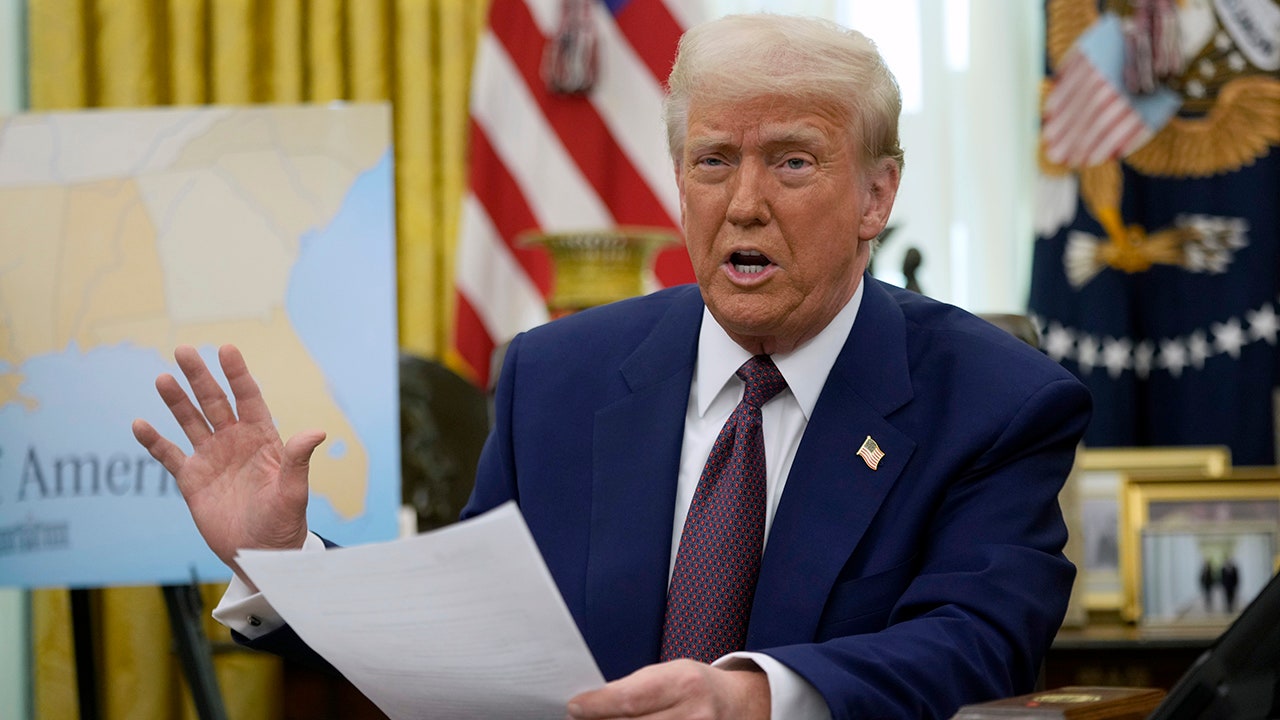Trump announces reciprocal tariffs in Truth Social post amid trade policy overhaul

President Donald Trump took to his new social media platform, Truth Social, to outline his trade policy overhaul on Saturday. In his lengthy post, Trump emphasized his plans to implement reciprocal tariffs on countries that the U.S. does business with, in an effort to level the playing field and promote fairness in trade.
Trump explained in great detail how his reciprocal tariffs will work, highlighting recent decisions such as imposing 25% tariffs on aluminum and steel imports, as well as tariffs on imports from Canada, Mexico, and China. He stated that these tariffs were put in place for the purpose of fairness, particularly in response to countries that use the VAT system, which he considers to be more punitive than tariffs.
Most countries, including the United Kingdom, China, and Mexico, use the VAT system, and Trump made it clear that he will take into account subsidies and nonmonetary trade barriers that some countries use to gain economic advantage over the U.S. He emphasized that the U.S. will accurately determine the cost of these barriers and ensure that American products are not unfairly kept out of foreign markets.
In his post, Trump also addressed the issue of job loss and economic hardships faced by American workers due to unfair trade practices. He vowed to bring fairness and prosperity back into the trade system by implementing reciprocal tariffs and incentivizing foreign businesses to move their operations to the U.S. He called for a level playing field for American workers and instructed key members of his administration to work towards achieving reciprocity in trade.
Despite facing criticism for his tariff policies, Trump remains confident that the U.S. will benefit from an influx of jobs as foreign companies choose to invest in American manufacturing and production. He believes that by offering tariff-free incentives for businesses that operate in the U.S., the country will see a resurgence in job opportunities and economic growth.
Overall, Trump’s message on Truth Social reflects his unwavering commitment to reshaping America’s trade policies and ensuring that the interests of American workers are protected. As he continues to push for reciprocity in trade, it remains to be seen how his policies will impact the global economy and trade relationships moving forward.




